AL ARKAN ENERGY& COMMODITY TRADING
LLC DIVISION
– Integrity
– Transparency
– Credibility

WHAT WE DO
Provide energy solutions to service providers and physical suppliers covering logistics, finance, and risk management.
OUR VISION
To be the top energy trading company in Oman covering local & international markets in the next decade and be a melting pot of cultures & an example of best business practices in the region.
BUSINESS MODEL
Take Physical Position
Purchase | Blend | Storage
We have existing relationships with vendors and world class energy traders that supply our operations. Our Supplies are straight run and components that we blend to required Specifications.
We take scalable term storage as required by demand within the regions where we operate. While we do hold products in storage, we only do so to fulfil requirements and rather focus on turnaround times. Short and Sharp is our current position on physical exposure.
Risk Management

Hedging
While we have seen oil recover from the last two years, the forward curve, atleast in the first quarter of 2019, remains biased towards bearish. The global oil glut has not just affected prices, but has severely affected the profitability of the global oil industry.
This is why at Al Arkan’s energy division, we cover our exposures by taking position on paper commodities, thereby mitigating volatility risk down to basics risk.
Operations

Transport | Freight | Insurance
At Al Arkan’s Energy Division, we have a professional team that covers the entire supply operation. We assist in chartering, pre supply, post supply, voyage operations, financing LC compliance, coordinations between vessel, agency, tank, customs clearing and discharge at destination port.
Our Operations including people, vessel and the product we move around are all covered by insurance.
PRODUCTS
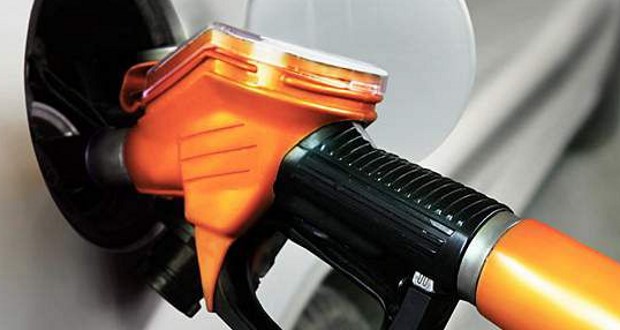
GASOIL
A middle distillate and form of heating oil used primarily in heating and air-conditioning systems. One of the most actively traded oil products, gasoil is the underlying in a key International Petroleum Exchange (IPE) futures contract. In refining terms, gasoil comes between fuel oil and the lighter products such as naphtha and gasoline. In its broader definition, it covers the oil products used for diesel automotive fuel. We offer a wide range of gasoil varying from 10 ppm sulphur to 10,000 ppm
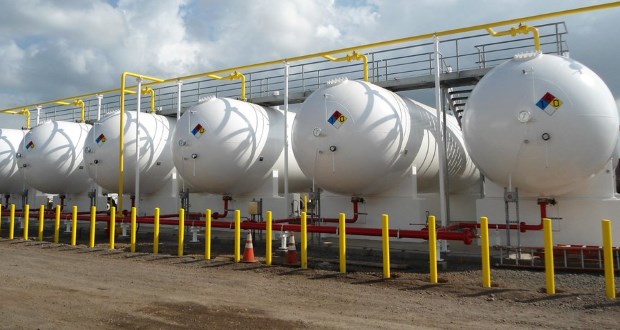
LPG
Liquefied petroleum gas or liquid petroleum gas (LPG or LP gas), also referred to as simply propane or butane, are flammable mixtures of hydrocarbon gases used as fuel in heating appliances, cooking equipment, and vehicles. Varieties of LPG bought and sold include mixes that are mostly propane (C3H8), mostly butane (C4H10) and, most commonly, mixes including both propane and butane.
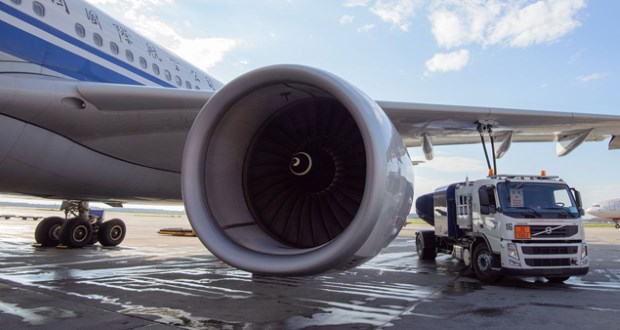
AVIATION FUEL
Aviation fuel is a specialized type of petroleum-based fuel used to power aircraft. It is generally of a higher quality than fuels used in less critical applications, such as heating or road transport, and often contains additives to reduce the risk of icing or explosion due to high temperature, among other properties. Most current commercial airlines and military aircraft use jet fuel for maximum fuel efficiency and lowest cost. These aircraft account for the vast majority of aviation fuel refined today, which is also used in diesel aircraft engines.
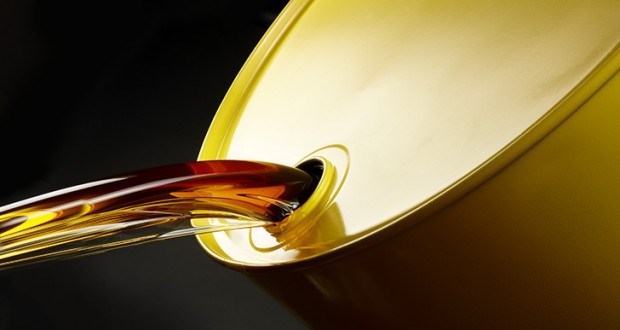
FUEL OIL
Heavy fuel oils are mainly used as marine fuel, and HFO is the most widely used marine fuel at this time. Heavy fuel oil is a residual fuel incurred during the distillation of crude oil. The quality of the residual fuel depends on the quality of the crude oil used in the refinery. To achieve various specifications and quality levels, these residual fuels are blended with lighter fuels such as marine gasoil or marine diesel oil. The resulting blends are also referred to as intermediate fuel oils (IFO) or marine diesel oil. They are classified and named according to their viscosity. The most commonly used types are IFO 180 and IFO 380, with viscosities of 180 mm²/s and 380 mm²/s, respectively. If there is a predominance of heavy fuel oil in a blend, it is assigned to the heavy fuel oil category.
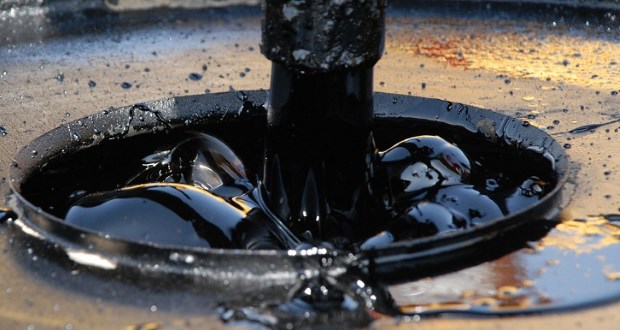
BITUMEN
Bitumen, also known as asphalt in the United States, is a substance that forms through the distillation of crude oil. It has waterproofing and adhesive properties. Bitumen production through distillation removes lighter crude oil components, such as gasoline and diesel, leaving the “heavier” bitumen behind. The producer often refines it several times to improve its grade. Bitumen can also occur in nature: Deposits of naturally occurring bitumen form at the bottom of ancient lakes, where prehistoric organisms have since decayed and have been subjected to heat and pressure.
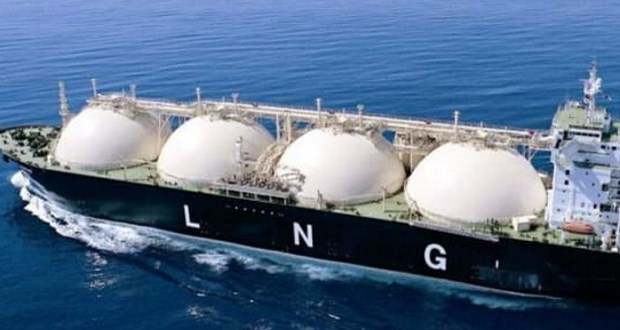
LNG
Liquefied natural gas (LNG) is a composition of methane and some mixture of ethane used to convert natural gas to liquid form for ease and safety of storage transport. It is cooled to approximately -256 degrees Fahrenheit so that it can be transported from countries with a large supply of natural gas to countries that demand more natural gas than they produce. In its liquid state, natural gas takes up 1/600th of the space, making it much easier to ship and store when pipeline transport is not feasible. As world energy consumption increases, experts anticipate that the LNG trade will grow in importance.
